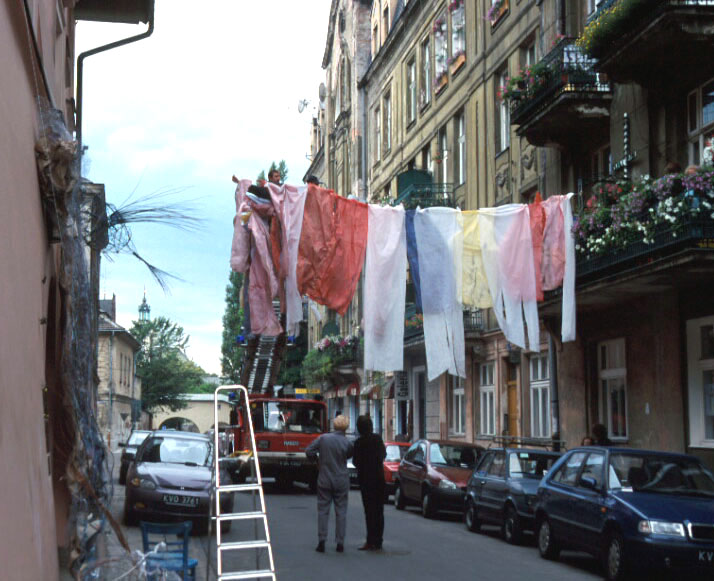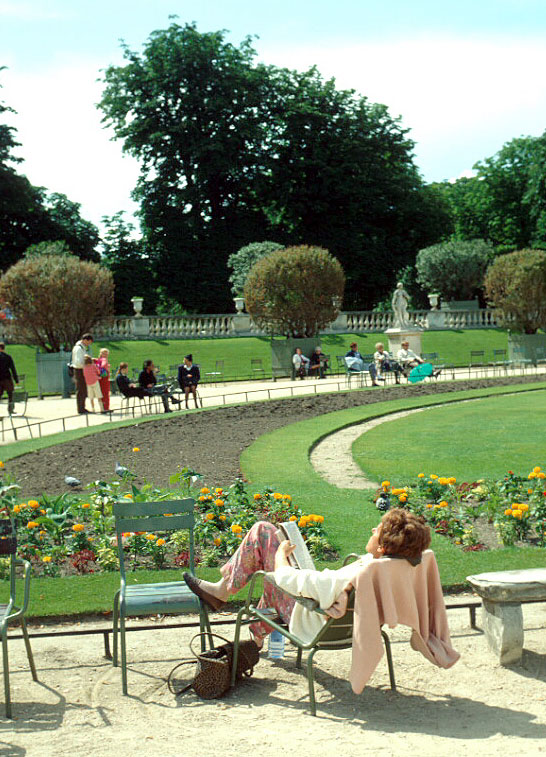What am calling places are those locations that are places-where-a-community-does-something, rather than just places-where-something-is.

A location is where something happens, an extended location consisting of one or more stretches of real or virtual space where selected events occur. Strictly speaking, of course, events occur everywhere. Over there the flowers bloom, the wind blows, and even that boulder's sitting unmoved for millennia is an long event.
Among those locations for events, what I want to call places are those where human patterns of action define significant areas and transitions for activities. Places, in this sense, involve areas of space permeated by a social grammar that offers possibilities for action. Place grammars prescribe divisions within the space and govern what is expected or appropriate to do and not to do there. The norms and expectations may be very explicit in highly ritualized locales such as a church or a parliament.

But there are less explicit and looser norms applying to the way we use a dining room or a corridor or a park.
Places in my sense, include only a subset of what many would call places. On the other hand, my definition includes as places items that most other theories do not, for instance some discontinuous locales and virtual realities.
(c) David Kolb, 1 August 2001